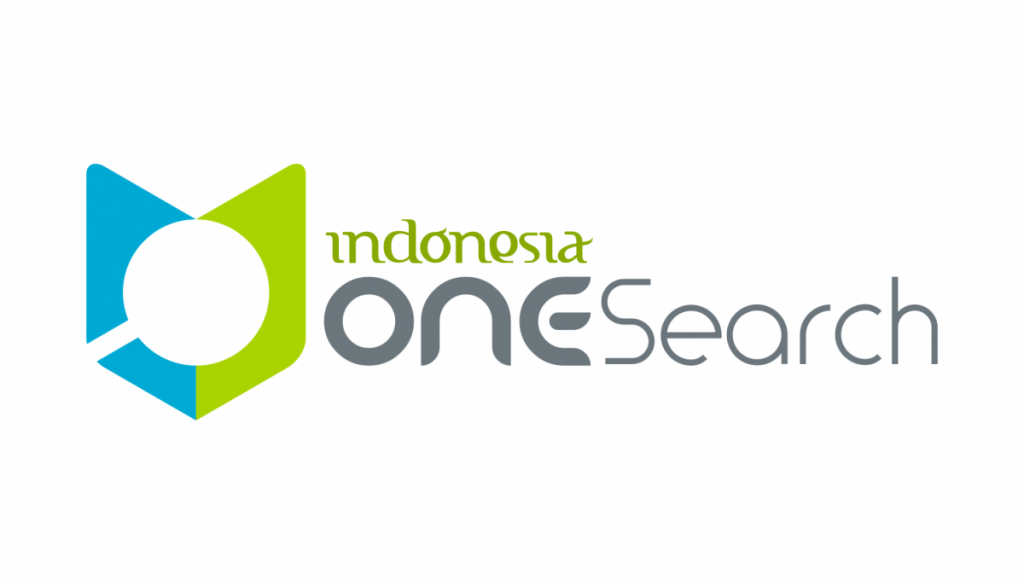Pengelolaan dan Pembukuan Keuangan Pada UMKM di Pasar Bengkulu Demi Konsistensi Usaha di Masa Pandemi Covid-19
 Abstract views: 249
,
Abstract views: 249
,
 PDF downloads: 236
PDF downloads: 236
Abstract
During the pandemic, there are still many people in Pasar Bengkulu Village who do not work, where housewives should be able to use their free time more productively. Based on observations made in Pasar Bengkulu Village, many housewives who have been in the business of selling souvenirs in tourist areas, just don't develop it. Most housewives who have tried small businesses eventually close their businesses. If housewives have clear and systematic financial management and sales bookkeeping skills, then the side business of selling souvenirs that have been carried out so far is expected to run more smoothly and develop. The Master of Applied Economics at the University of Bengkulu conducted Community Service (PKM) activities in Pasar Bengkulu Village, Sungai Serut District, Bengkulu in the period July-November 2021. This PKM succeeded in attracting the interest of 30 activity participants to start implementing financial planning patterns and making business reports so that financial households are getting better and better.
Copyright (c) 2022 Madani : Indonesian Journal of Civil Society

This work is licensed under a Creative Commons Attribution 4.0 International License.
Copyright Notice
Authors who publish with this journal agree to the following terms:
- Authors retain copyright and grant the journal right of first publication with the work simultaneously licensed under a Creative Commons Attribution License that allows others to share the work with an acknowledgement of the work's authorship and initial publication in this journal.
- Authors are able to enter into separate, additional contractual arrangements for the non-exclusive distribution of the journal's published version of the work (e.g., post it to an institutional repository or publish it in a book), with an acknowledgement of its initial publication in this journal.
- Authors are permitted and encouraged to post their work online (e.g., in institutional repositories or on their website) prior to and during the submission process, as it can lead to productive exchanges, as well as earlier and greater citation of published work (See The Effect of Open Access).
















